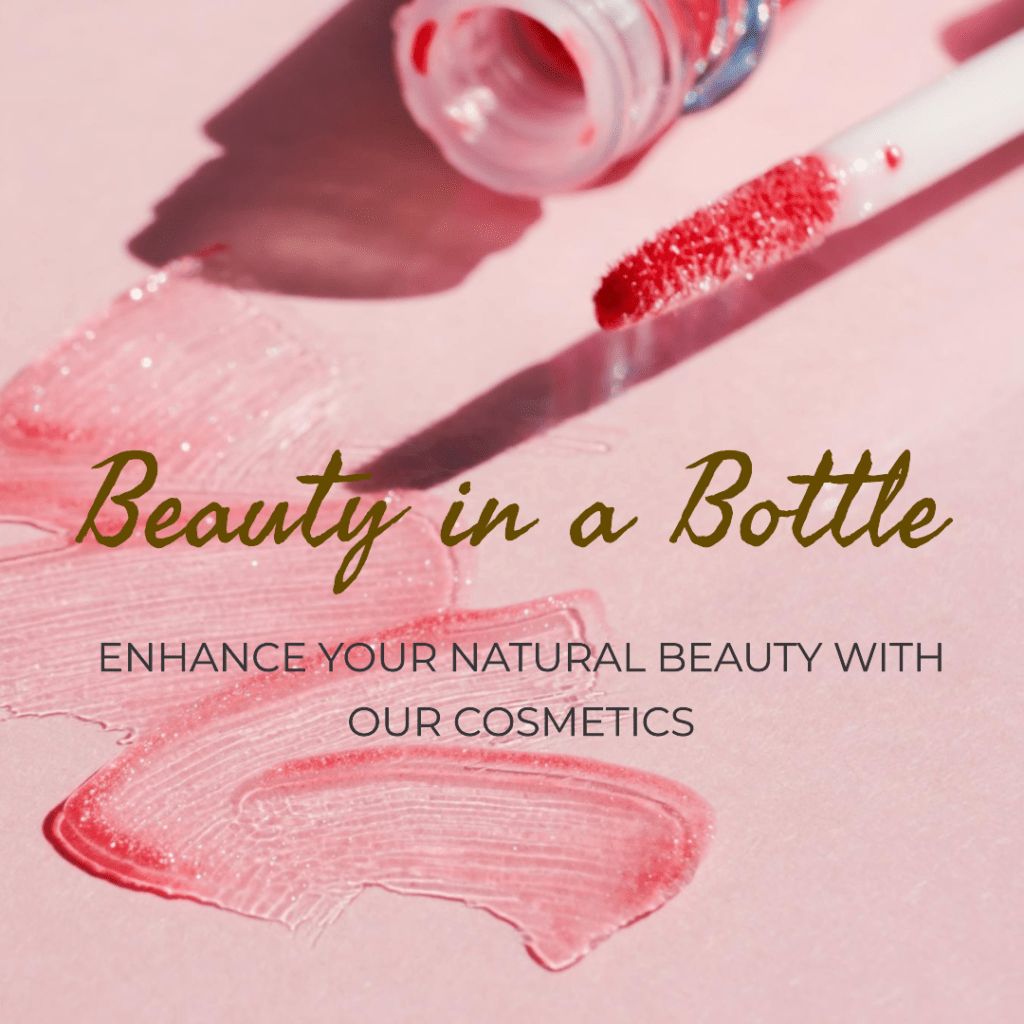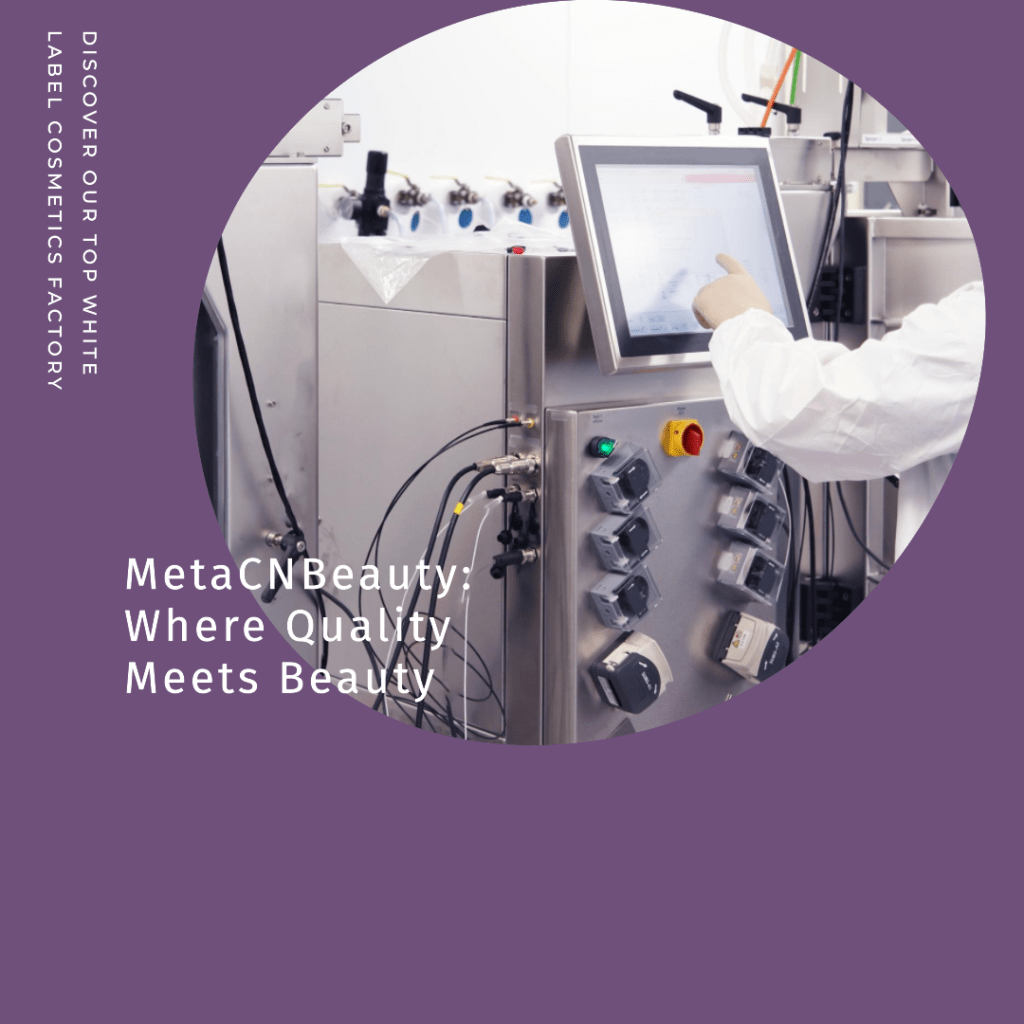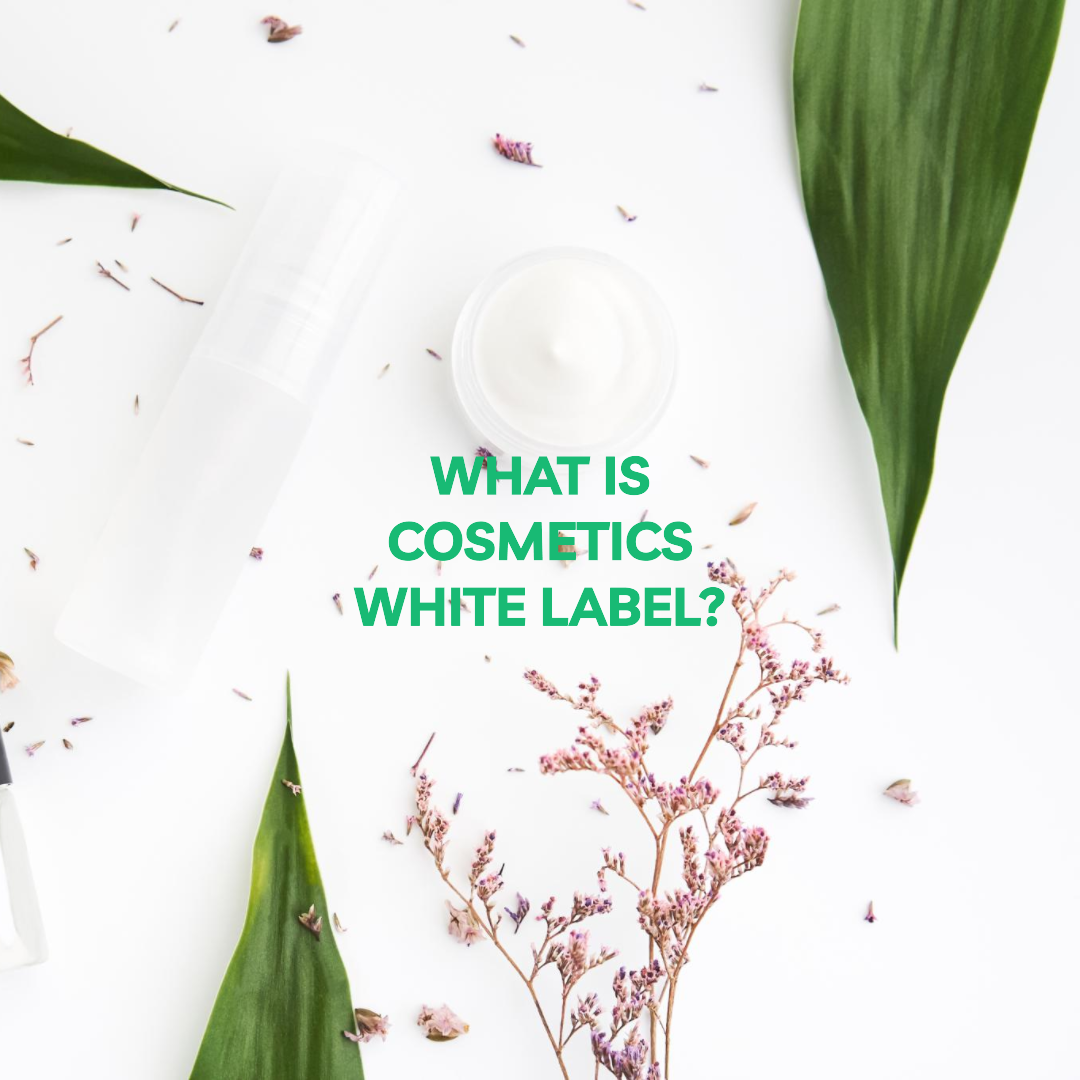In the world of cosmetics, the term "white label" has been gaining significant attention. But what exactly does it mean? In this comprehensive guide, we will delve into the concept of cosmetics white label, exploring its definition, benefits, and how it has revolutionized the beauty industry. So, grab your makeup brushes, and let's dive into the fascinating world of cosmetics white label.
Introduction
The beauty industry is ever-evolving, with new trends and products constantly emerging. One such trend that has gained prominence is cosmetics white labeling. But what exactly is it, and how does it work? In this article, we will provide you with a comprehensive understanding of cosmetics white label and how it can be a game-changer for your beauty brand.

Understanding White Labeling
Cosmetics white labeling is a practice where a manufacturer produces beauty products, such as skincare items, makeup, or haircare products, and allows other brands to rebrand and sell these products as their own. In essence, it's like buying a blank canvas and adding your unique artistic touch to create a masterpiece.
Why Choose Cosmetics White Labeling?
The Advantages Are Clear
There are several compelling reasons to opt for cosmetics white labeling:
- Cost-Efficiency: Developing your beauty products from scratch can be prohibitively expensive. White labeling allows you to access high-quality products without the hefty upfront costs.
- Speed to Market: Launching a new beauty line takes time. With white label products, you can significantly reduce the time it takes to bring your products to market.
- Focus on Branding: Instead of worrying about formulation and production, you can concentrate on building your brand's identity and marketing strategies.
The Benefits of Cosmetics White Label
Unveiling the Beauty of White Labeling
Cosmetics white labeling offers a multitude of benefits:
- Customization: You can tailor products to meet your brand's specific needs, from choosing ingredients to designing packaging.
- Quality Assurance: Reputable white label manufacturers often maintain high-quality standards, ensuring your customers receive top-notch products.
- Scalability: As your brand grows, white label manufacturers can scale production to meet your increasing demands.
How Does Cosmetics White Label Work?
The process is relatively straightforward:
- Choose a White Label Partner: Research and select a reputable white label manufacturer that aligns with your brand's vision and values.
- Product Selection: Browse through the manufacturer's catalog and choose the products you want to rebrand.
- Branding and Design: Work closely with the manufacturer to design product labels and packaging that reflect your brand's identity.
- Quality Control: Ensure that the products meet your quality standards through rigorous testing and sampling.
- Market Your Products: Once your branded products are ready, it's time to launch and market them to your target audience.
Finding the Right Cosmetics White Label Partner

Partnering with the right cosmetics white label manufacturer is crucial for your brand's success. Look for a manufacturer with a proven track record, excellent quality control processes, and a willingness to collaborate closely with your brand.
In the fast-paced world of cosmetics, staying ahead of the competition requires more than just quality products. It demands innovation, flexibility, and a deep understanding of consumer trends. For many businesses, partnering with a cosmetics white label provider is the key to success.
Identifying Your Needs and Goals
Assess Your Product Range
The first step in finding the right cosmetics white label partner is to assess your product range. Determine which products you want to offer, whether it's skincare, makeup, or haircare. Understand your target market and their specific needs.
Define Your Budget
Set a budget for your white labeling venture. Consider factors like product development costs, manufacturing expenses, and marketing expenditures. Knowing your budget will help you narrow down potential partners.
Researching Potential Partners
Look for Experience and Expertise
When searching for a white label partner, prioritize companies with extensive experience and expertise in cosmetics manufacturing. Check their track record, certifications, and client testimonials.
Evaluate Manufacturing Facilities
Visit or request information about the manufacturing facilities of potential partners. Ensure they have state-of-the-art equipment and adhere to strict quality control standards.
Review Product Formulation
Examine the formulations and ingredients used by the white label partner. Verify that they align with your brand's values and the quality standards you want to maintain.
Navigating Legal and Regulatory Aspects
Compliance and Certification
Ensure that the white label partner complies with all industry regulations and holds necessary certifications. This step is critical to avoid legal issues down the road.
Contract Negotiation
Work with legal experts to draft a comprehensive contract that outlines all terms and conditions of the partnership, including pricing, intellectual property rights, and termination clauses.
Testing and Quality Assurance
Product Sampling
Before mass production begins, request product samples to test for quality, consistency, and effectiveness. Make necessary adjustments if needed.
Ongoing Quality Checks
Establish a system for ongoing quality checks and inspections to maintain product excellence throughout the partnership.
Marketing and Branding
Packaging and Design
Collaborate with your white label partner on product packaging and design to ensure it aligns with your brand's identity.
Marketing Support
Discuss marketing support options with your partner, including promotional materials, marketing campaigns, and product launches.
Building a Long-Term Relationship
Communication
Maintain open and transparent communication with your white label partner. Regularly discuss strategies, goals, and any challenges that may arise.
Adaptability
Choose a partner who can adapt to changing market trends and consumer preferences. Flexibility is key to long-term success.
Pricing Strategies
Determining the right pricing strategy is crucial for profitability. Consider factors such as production costs, competitor pricing, and perceived value when setting your prices.
Common Misconceptions about White Label Cosmetics
There are some misconceptions about white label cosmetics, such as compromising on quality. We'll debunk these myths to help you make an informed decision.
Success Stories in the Beauty Industry
Explore real-world success stories of beauty brands that have leveraged cosmetics white labeling to achieve remarkable growth and recognition.
Challenges and Pitfalls to Avoid
While cosmetics white labeling offers numerous advantages, it's not without challenges. We'll discuss common pitfalls and how to navigate them successfully.
Future Trends in Cosmetics White Label
The beauty industry is dynamic, and white labeling is no exception. Discover emerging trends that could shape the future of cosmetics white label.
Consumer Demand for Customization
Consumers are increasingly seeking personalized cosmetic products tailored to their unique needs. The future of cosmetics white label lies in offering customizable solutions, allowing consumers to choose ingredients, scents, and packaging.
Sustainability and Ethical Practices
Environmental consciousness and ethical practices are becoming paramount in the cosmetics industry. Future trends in white label cosmetics will emphasize sustainable sourcing, cruelty-free products, and eco-friendly packaging.
Advanced Formulations and Ingredients
Advancements in cosmetic science are driving innovation. White label manufacturers will need to stay at the forefront of new ingredients and formulations to meet consumer demands for effective and safe products.
Digital Transformation and E-commerce
The digital landscape is reshaping how cosmetics are marketed and sold. White label companies will need to adapt to the e-commerce trend, offering user-friendly online platforms for brand partners and consumers.
Global Market Expansion
Cosmetics white label businesses are expanding their reach globally. This trend is expected to continue as brands seek to tap into emerging markets and diverse consumer preferences.
Compliance and Regulation
Stringent regulations govern the cosmetics industry. White label manufacturers must stay updated with regulatory changes and ensure compliance to avoid legal issues.
Conclusion
Cosmetics white labeling is a powerful tool that can transform your beauty brand. By partnering with the right white label manufacturer and focusing on branding and marketing, you can create a unique and successful product line that resonates with consumers.
In conclusion, cosmetics white label is a versatile and cost-effective way to enter the beauty market or expand your existing brand. By understanding the process, finding the right partner, and focusing on quality and branding, you can create a successful cosmetics line that captivates consumers and generates substantial revenue.

